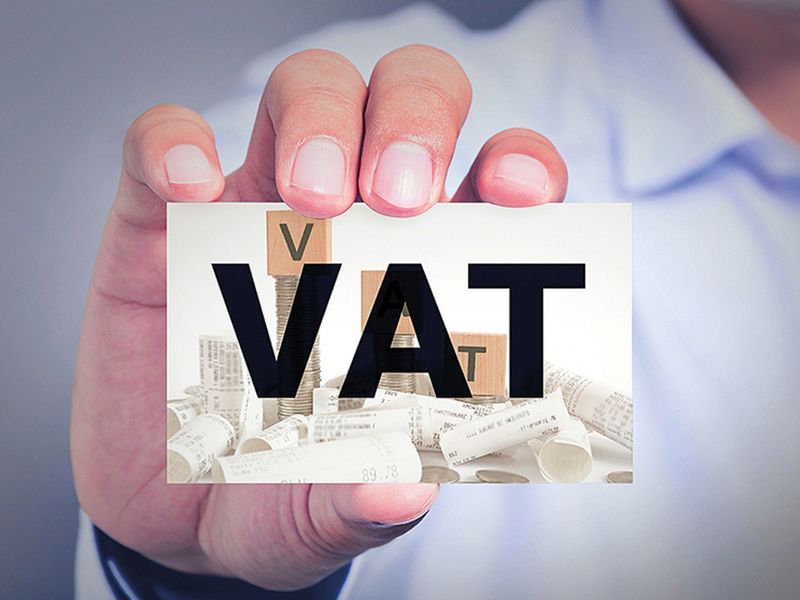
The market of real estate in Dubai seems to be more flourishing than ever. The demand is on the increase and the number of properties added to the scene of Dubai is getting higher. More people choose to live in this city of golden opportunities. Though all sounds well for investors, they seem particularly concerned about a certain issue which is VAT or the Value Added Tax. In fact, this tax has had a significant impact on the market of real estate especially in relation to commercial properties. Read along to explore its influence on buyers, sellers, developers and rentals.
How the Value Added Tax or VAT Affected the Market in General
To understand the effect this tax has on the market, first, we need to understand what vat is. Here is an easy definition of the term. According to the UAE VAT Law, the real estate industry is exempt, zero-rated, and standard-rated for VAT. While commercial properties are subject to the usual VAT rate of 5%, residential homes and bare land are classified as exempt. Clearly, one of the most significant impacts of VAT on the real estate market is the increase in property prices. Developers have also had to factor in the cost of VAT when setting their prices, resulting in an increase in the cost of new developments. Here are more details on the matter:
Impact of Vat on the Different Players in the Real Estate Market
1. Impact of VAT on Sellers
When talking about VAT in the context of real estate, it’s important to keep in mind that it represents an additional cost. Essentially, VAT means that the price of a property being sold is likely to increase, especially if it is passed on to the buyer. As previously mentioned, some jurisdictions exempt the first sale of residential property from VAT, but this exemption does not necessarily extend to commercial property transactions. In those cases, VAT is typically applicable.
2. Impact of VAT on Buyers
Although the first sale of a property is often exempted from VAT, buyers should remember that it could be applicable to subsequent sales. If a buyer decides to resell their property, they need to take this into account. Additionally, buyers must consider the impact of VAT on the rental market. Commercial leases typically include a VAT charge, which may lead to landlords increasing rental prices on tenants. However, leasing residential properties does not include a VAT charge.
3. Impact of VAT on Developers
With the introduction of VAT, real estate developers have had to restructure their businesses to account for the added charges that apply to the sale of developed commercial property, undeveloped property, and residential properties (with the exception of bare land). In particular, developers must cope with the complexities of mixed developments that involve both commercial and residential leasing, and allocate VAT recovery accordingly. The implementation of VAT on previously agreed construction contracts has also been a significant concern, as developers must navigate contracts that were not prepared for the introduction of VAT.
To sum up, the introduction of VAT has affected each player in the real estate market in a different way, especially since its application depends on the type of property we are talking about. However, it has led the buyers, sellers and developers to think of their business in a way that is a bit different. What do you think about the introduction of this value to the real estate market? Are there other implications that the players of the market need to be aware of? Do not hesitate to share your insights in the comment section below. As is always the case, we cannot wait to hear from you all.





